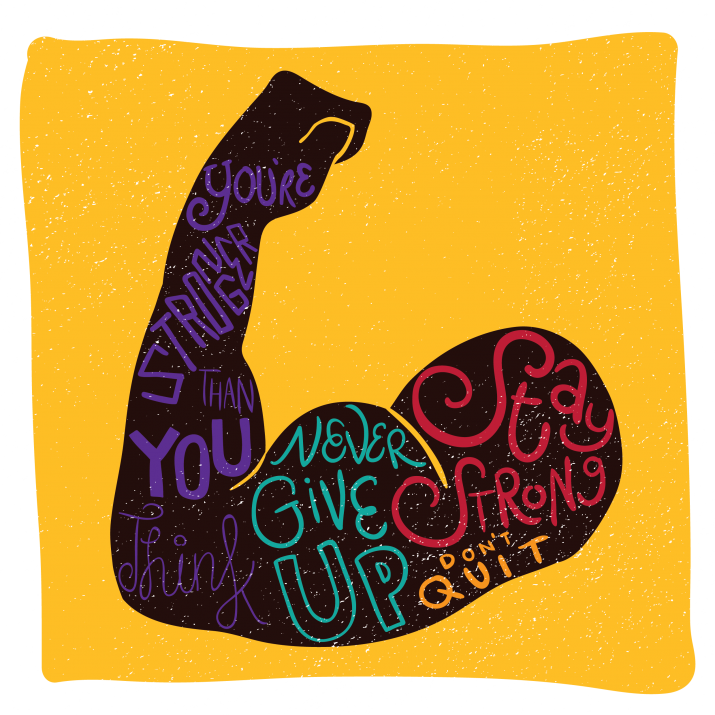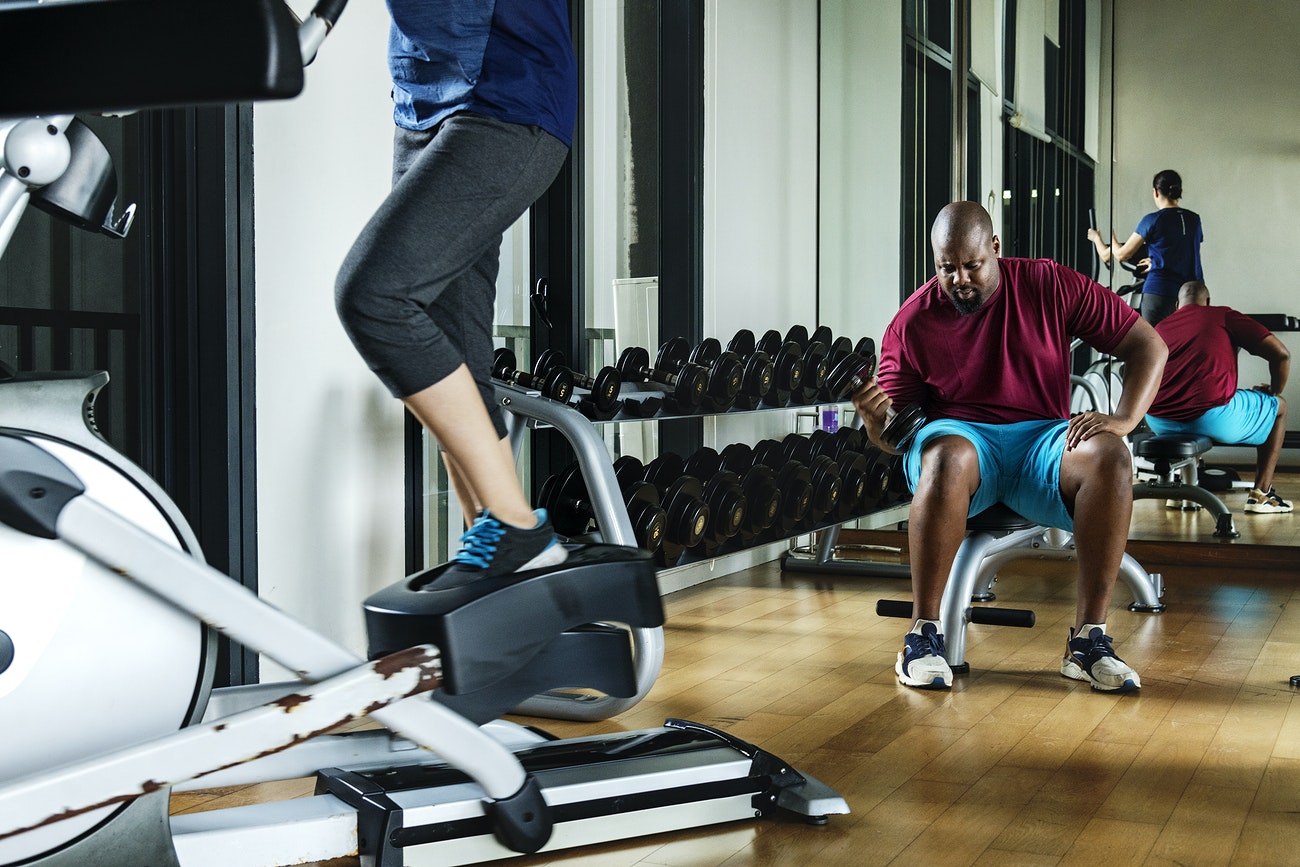
You’ve just purchased a gym membership, presumably for the first time or for some of you, again. So what now?
Based on my experience training and working in all kinds of gyms, here are my top 5 tips:
Tip #1 – Write down your goals and be specific
Once you get home from joining a gym, sit down and write your goals. These are probably the motivations for joining the gym in the first place. People join gyms for many different reasons; to lose weight, to gain weight, to socialize, improve coordination, improve sports specific movements, etc. No matter your reason, write it down. This is your purpose. Now put it up on the fridge and keep it there. It’s okay to come back to it and modify or change it! Use the SMART goal format (Specific, Measurable, Achievable, Realistic, and Timely).
Examples: “By July 11th, I will drop 3% body fat” or “By February 9th, I will bench press 80kg for 3 reps without help”
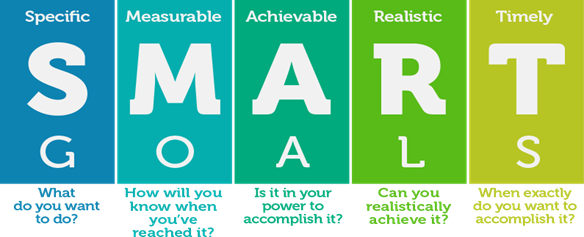
Tip #2 – Find someone suitable to help you achieve your goals
I would think very carefully about who can help you. If you’re looking to hire a Personal Trainer, will you do it online or 1:1? I would advise doing it 1:1 unless you have over 2-3 years of gym experience. It’s very difficult to learn why you’re doing certain exercises and consult with your Personal Trainer online as they won’t be there during your workouts. Learning the ‘why’ is extremely important! Please remember this when you pay anyone for them to train you in any capacity. If they’re not teaching you, then they’re not helping you. When consulting with your potential trainer, ask them questions about how they will help you achieve your goal. Have these prepared before you meet with them?
Examples: “I’ve joined the gym with the intention of losing 5kg body fat, how would you help me to achieve that?” or “Do you have experience in strength training, as my primary goal is to get stronger in the squat, bench and deadlift. What would my program look like?”
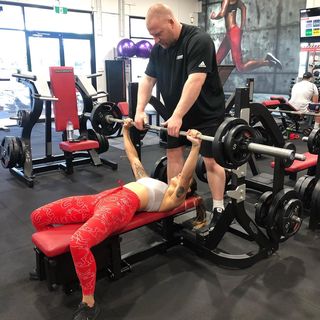
Tip #3 – Change your eating habits to suit your goals
Going to the gym three, four, or five times per week is a great start but it accounts for approximately 3 to 8 hours out of 168 hours in a week. There is a lot of time left over for habits that will override your progress in the gym. Eating is something that nearly everyone loves to do. You can still love it, but be mindful of the paper stuck to your fridge with your goals on it. Ask yourself, “Is this helping me achieve my goals?”. Preparing meals in advance will help you stay on track and leaves less opportunity for snacking on foods that are counterproductive. This goes for those wanting to lose body fat as well as those wanting to gain muscle.

Tip #4 – Use data to track the progress of your goals
The scales aren’t always your friend and they aren’t the most reliable source of data to use. Most gyms have a body scanner, which will provide much more detailed data beyond your body weight; Basal Metabolic Rate, body fat percentage, lean muscle percentage, and water weight among others. If you’re going to weigh yourself regularly, I recommend doing it at the same time every time; in the morning (after using the bathroom) without clothes. Be mindful that weight can vary by a few kilos depending on bowel movements, water retention, and inconsistent eating. Apps such as Trainerize, are very helpful for keeping records and tracking your progress as they connect with other platforms such as Apple Watch, FitBit, and MyFitnessPal.
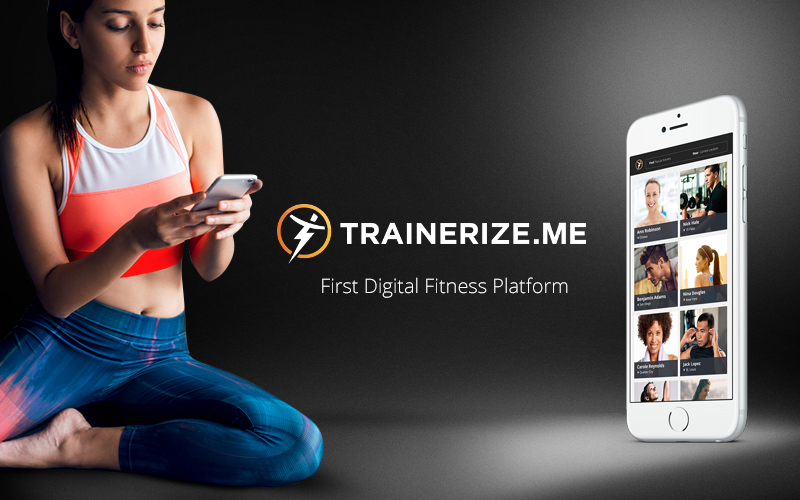
Tip #5 – Be consistent in your approach to achieving your goals
You have to have faith in the process you’re going to undertake, whether it’s initiated and managed by you or someone else (a Personal Trainer, Life Coach, etc). Trying something for 2-3 weeks and then giving up is going to bring you full circle, without a lot to show for it. Commit to 12-16 weeks of consistent training and nutrition. To put this into perspective, you may have been inactive and eating poorly for 10-20 years. 3 months is not a long time in comparison. It is going to take time to learn and apply new skills in the gym and reverse some of the eating habits that are ingrained. When this combination is in sync, that’s when you’ll notice changes beginning to occur. After all, you’re not doing this for 12 weeks only to go back to what you were doing before right? You want this to be a meaningful and life-long change.
